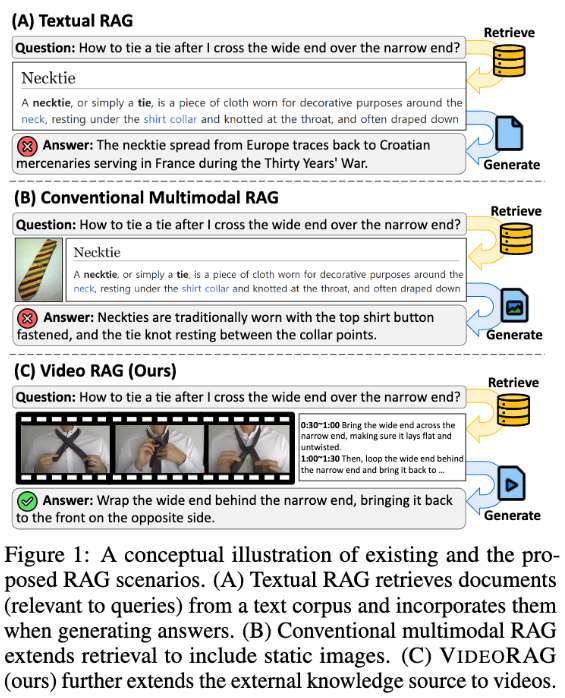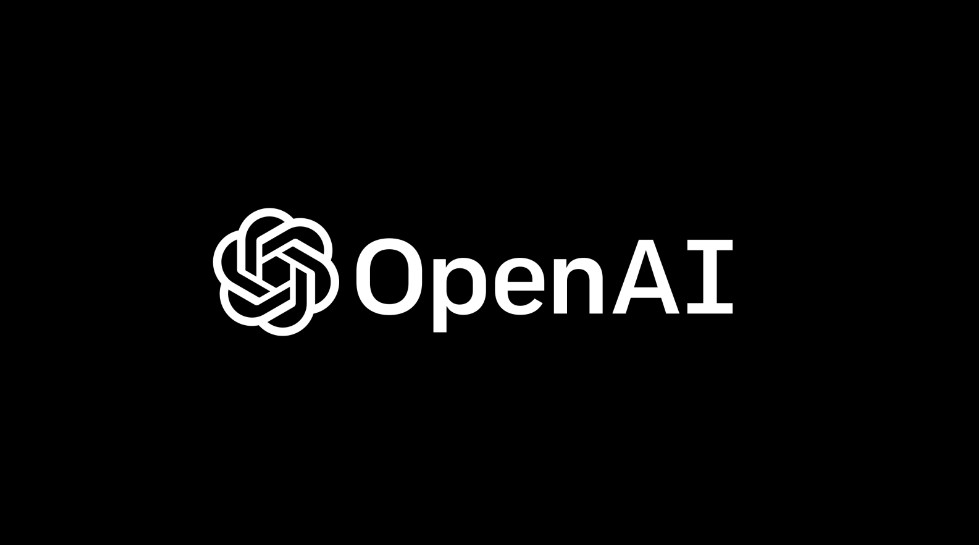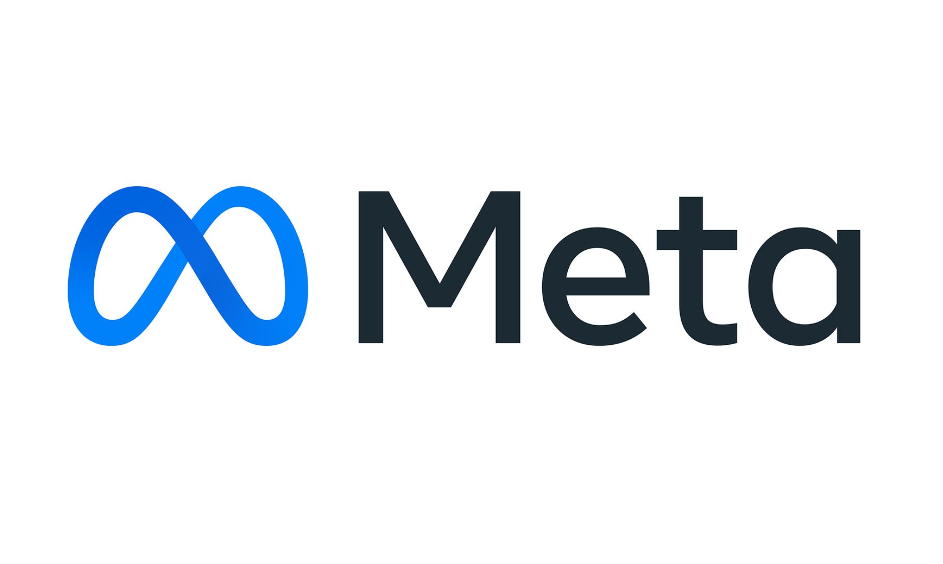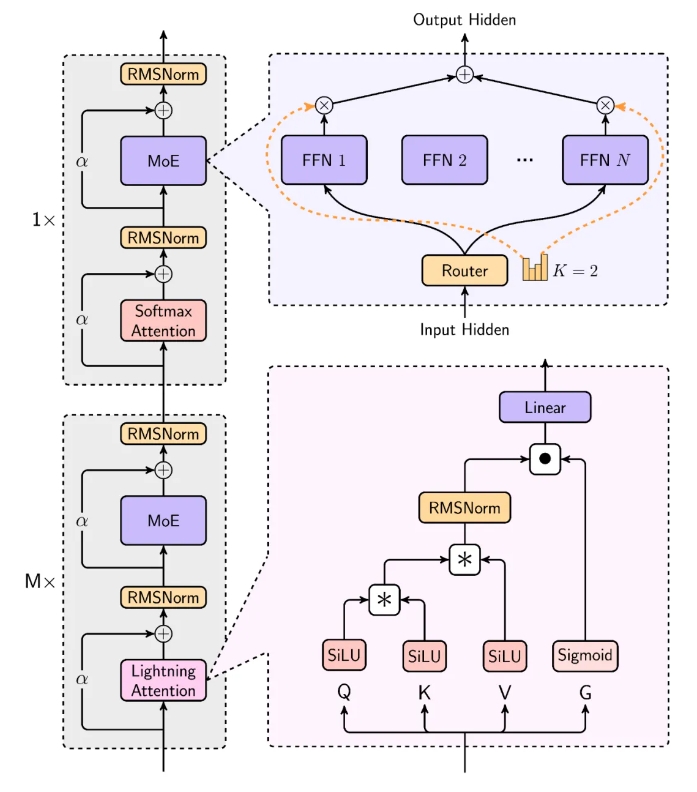In the dilemma of medical restart after the epidemic, especially in the context of the aging of the population in Western countries, the public medical system is facing tremendous pressure. The British National Health Service (NHS) is often in crisis and becomes the focus of the media. In this environment, many private companies, especially technology-driven ones, see a huge gap in the healthcare services market. It is against this background that Cera, a British proprietary software platform and home healthcare provider, announced a US$150 million in debt and equity financing to further expand its scale.
The financing was led by funds under BDT & MSD Partners and Schroders Capital. Although Cera disclosed that most of the funds came from debt financing, it remained cautious about the specific proportion and company valuation. Cera said the financing will be used to expand the scale of the platform and improve its AI-driven home healthcare services.
Since its founding in 2015, Cera has been optimizing home care and medical services by combining technology and artificial intelligence. The company said its platform has made significant progress in the application of AI technology and developed proprietary AI models based on its massive data set. Cera’s AI model processes unstructured data (such as “a patient fell at night”) to predict a patient’s health risks, helping caregivers take early action. The application of these technologies has significantly improved patient care outcomes, reduced hospitalization rates, patient fall rates, and accelerated patient discharges.

Dr. Ben Maruthappu, founder and CEO of Cera, said: “We are becoming profitable and making very significant progress in how we use our technology and artificial intelligence. We have expanded into more home healthcare areas and Helping reduce pressure on the NHS through artificial intelligence."
According to Cera, the company's EBITDA will be positive in 2023, and its free cash flow will also achieve positive growth in 2024, demonstrating its increasingly self-sufficient corporate profile. This enables the company to undertake this debt financing to further accelerate business expansion.
Cera’s artificial intelligence model has been able to predict more than 80% of falls and is 83% accurate in predicting hospitalizations one week in advance. The use of these algorithms helped Cera reduce patient fall rates by 20% and hospitalization rates by 70%. Cera claims its platform has one of the largest home healthcare data sets in the world, with Europe in particular being the richest, and the company has successfully applied it to multiple areas including physiotherapy, learning disabilities, physical disability and home mental health Serve.
At the same time, Cera's competitors are also gradually emerging in the UK and the United States. In the UK, companies such as Home Instead and Bluebird Care use non-proprietary apps, while in the US, Cera's main competitors include Signify Health, CVS Health and Honor. Maruthappu said that Cera's artificial intelligence-driven services can achieve significant advantages in accuracy and efficiency compared with other companies, which is one of the reasons why it stands out in the market.
According to Rob Platek, global head of credit at BDT & MSD Partners, "Cera has experienced strong growth based on its ability to leverage technology to deliver superior care. We believe Cera is well-positioned to further expand its business and change the landscape of home healthcare services globally."
Cera also said that independent analysis by British consulting firm Faculty showed that Cera's artificial intelligence home healthcare model could save the British healthcare system approximately 1 million pounds per day. With the expansion and financing of Cera, the company will continue to be committed to bringing more innovation to the home healthcare field through technological means and driving change in the UK healthcare system.
Cera clearly wants to avoid becoming a medical startup failure like Babylon Health. Different from Babylon Health's attempt to provide medical care through simple chatbots, Cera focuses on truly improving patient experience and medical efficiency through artificial intelligence and collaboration with professional nursing teams.
AI courses are suitable for people who are interested in artificial intelligence technology, including but not limited to students, engineers, data scientists, developers, and professionals in AI technology.
The course content ranges from basic to advanced. Beginners can choose basic courses and gradually go into more complex algorithms and applications.
Learning AI requires a certain mathematical foundation (such as linear algebra, probability theory, calculus, etc.), as well as programming knowledge (Python is the most commonly used programming language).
You will learn the core concepts and technologies in the fields of natural language processing, computer vision, data analysis, and master the use of AI tools and frameworks for practical development.
You can work as a data scientist, machine learning engineer, AI researcher, or apply AI technology to innovate in all walks of life.







